It is a classic top-down proposal, written from an elitist viewpoint and dictated not by George, but rather by Alexander Soros to left-wing Eurocrats. The documents advocating the open society ideal outlined by Karl Popper have ignored just one thing: the needs and opinions of the electorate, the very pillars of democracy, the principle of popular sovereignty. Fortunately, Hungary - against all the false institutional criticism - has shown exemplary behavior in dealing with the migration debate: the country held a national referendum, allowing people to state their opinion on Brussels' proposal to try and resolve the migration crisis through quotas, artificially. The result is still being talked about across Europe: 3.4 million Hungarians - with 98.4 per cent in agreement - said deciding whom we want to live with in a country is an integral part of national sovereignty. For our seasoned readers, it is perhaps unnecessary to recall the results of the subsequent national consultations. Seven years ago, this result left those in favor of illegal immigration breathless and silenced their voices, if only for a short while.
Well, we have bad news for them: the situation in Hungary remains unchanged. The overwhelming majority of people still say that they do not want quotas. Just look at the latest opinion polls. They show that there is broad agreement across political camps in the rejection of the new migration quota scheme. Brussels may try to distribute immigrants through a binding EU mechanism, disregarding the opinions of 3.4 million Hungarian voters expressed during a quota referendum and the constitution of our country, but we will have a word or two to say about that.
Hungarian public opinion sharply rejects this new plan by Brussels' bureaucrats. According to a recent survey by the Nezopont Institute, a national consensus on the issue still prevails. 77% of respondents are against Brussels resettling migrants in Hungary without the government's consent, something that even the majority of left-leaning respondents happen to agree with. The importance of national sovereignty and the rejection of multicultural attempts is also reflected in a related survey by Szazadveg, which found that two thirds (68%) of respondents believe that the government should oppose Brussels' decision and continue to fight against the resettlement quota.
Now, is it surprising at a time when a migrant with an immigrant background is seen attacking a grandmother and her granddaughter in a small bourgeois village in France in broad daylight, in order to kidnap the little girl to earn some income? Hardly. Except that these news stories tend to stay hushed up in restricted media bubbles, as the mainstream remains silent. How could the pro-immigration stance of the liberal, progressive mainstream media be reconciled with what is leading to the slow but increasingly visible collapse of "advanced" western societies? The cultural conflicts, violent attacks and brutal acts of terrorism in Western Europe in recent years show that while the theory of an open society is a utopia, the cultural tension caused by parallel societies is a rock-solid fact. Instead of wishful thinking and irresponsible pledges, the problem must be tackled at source. Since 2015, Hungary has proven not only that border protection works, but also that action can be taken to tackle the root causes of migration. By helping persecuted Christians, the Hungary Helps program has improved living conditions in many countries of origin.
However, there are a few factors here, whose joint effect will delay a change in the mindset of Europe's political elite. First of all, there is a lack of admission and confrontation. Why is there a need to distribute? Because the countries that welcomed unfettered immigration are struggling today. Instead of admitting this, they say they want to "relocate" not the problem but the solution. The fact that a new leader has emerged at the head of the Soros empire hasn't helped, either. Alexander Soros made a strong entry, accomplishing in just a week what's taken years for his father to achieve. This, by the way, is precisely what he promised: more political action and more donations for those who support his liberal objectives. The problem is that we'll have EP elections in a year's time. For now, the Left commends political majority in the EP and, with time running out, they have become agile and hasty. They are moving so fast towards the adoption of the proposal that it is almost enviable. The first informal tripartite meetings were completed in five days, allowing the three main European institutions to deliver an opinion on the pro-quota action plan. All this at a time when Europe has a Swedish Presidency.
This also shows that the quota plan will not disappear, it is just changing. Common sense on the part of Poland and Hungary could still save Europe's other, hitherto mute, member states. And this is exactly what we need in the upcoming one year: to broaden the national consensus and to build international consensus. Not only in terms of rejecting the quota, but also on ending the war.
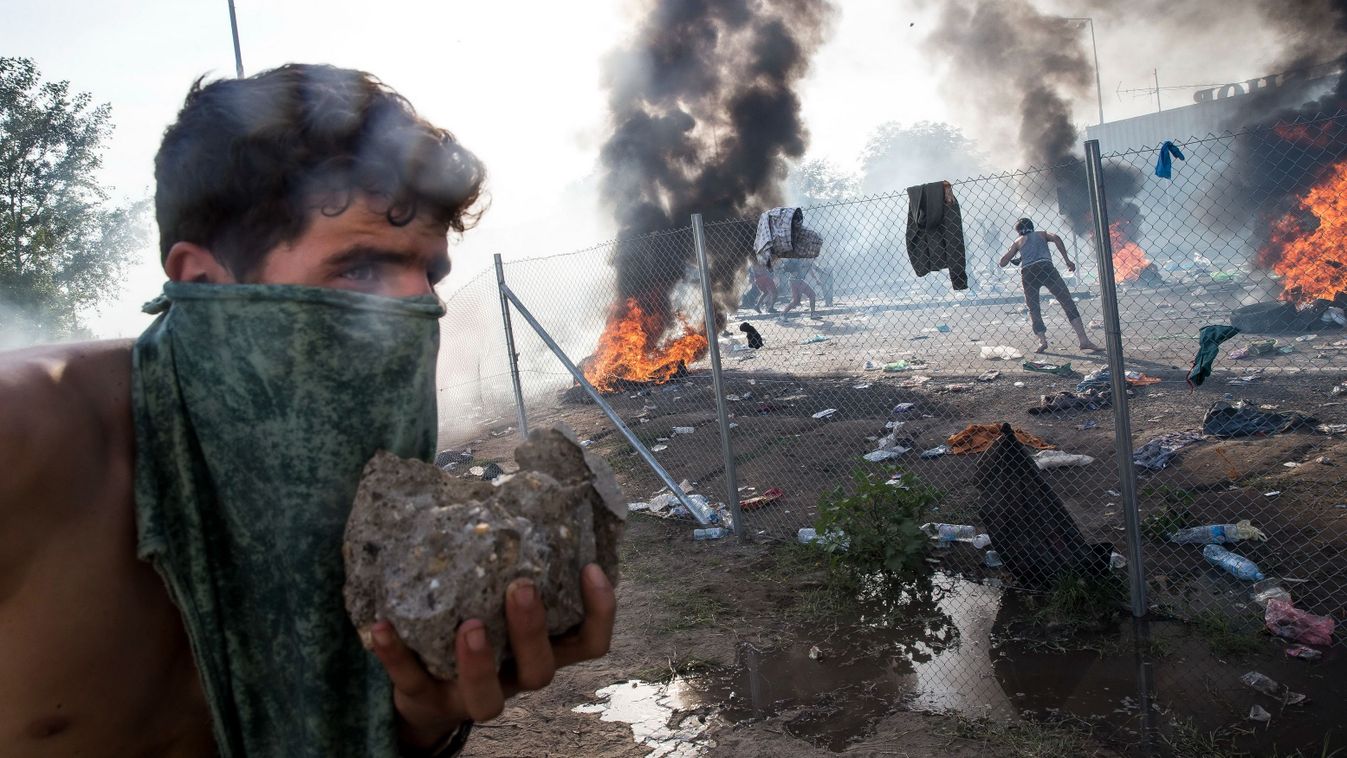
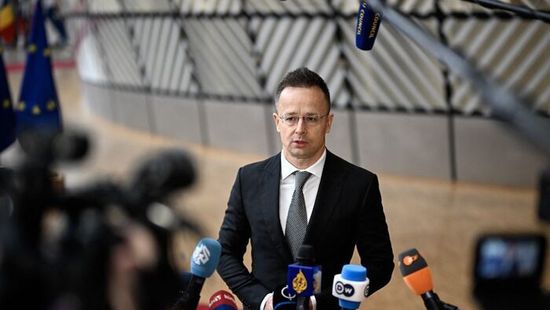
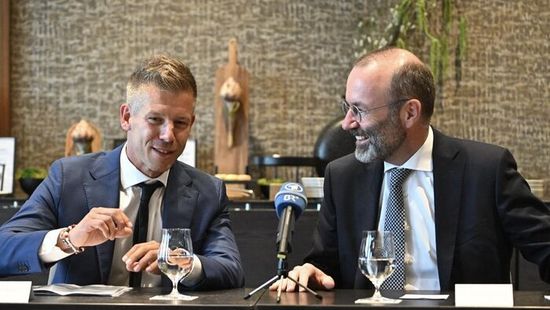

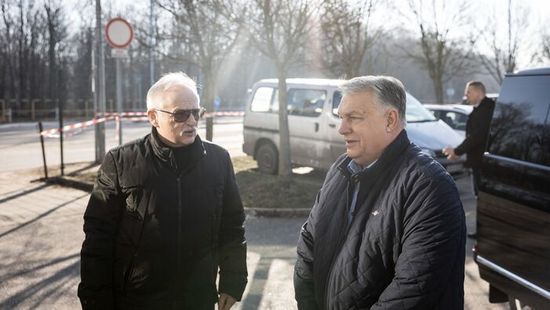

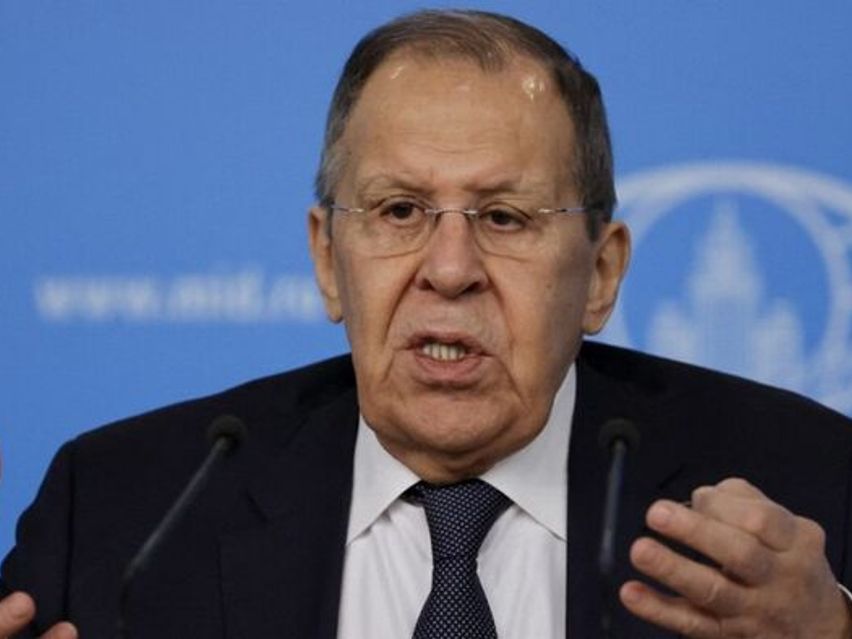

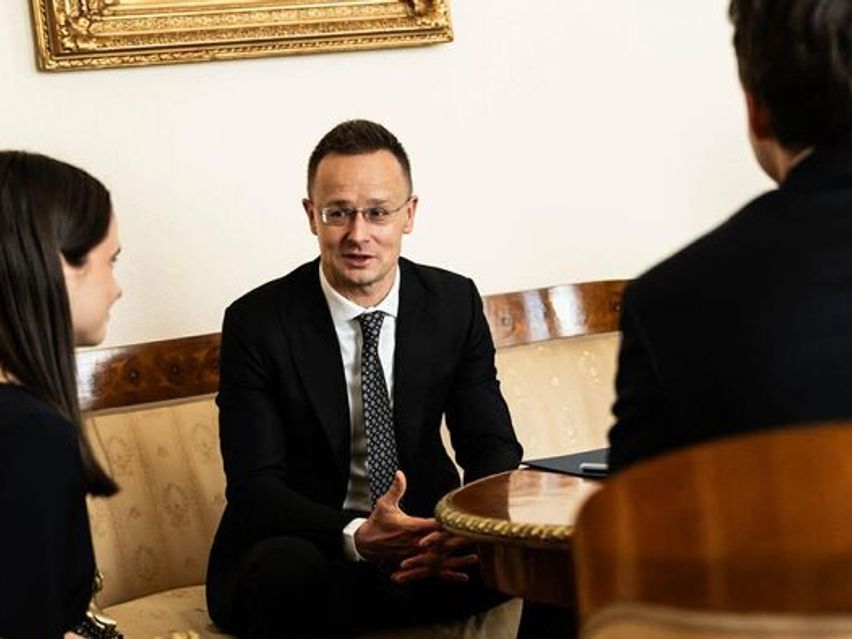
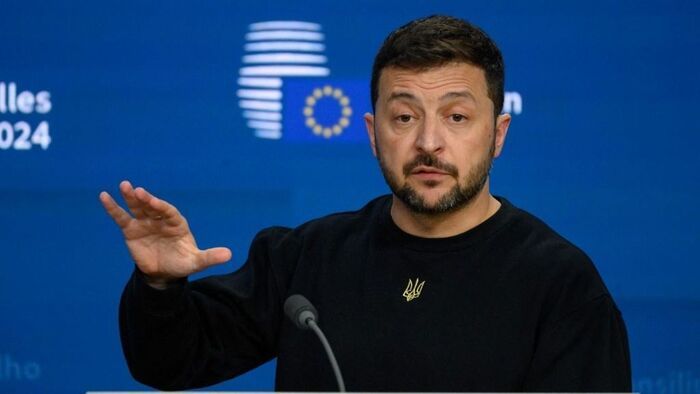

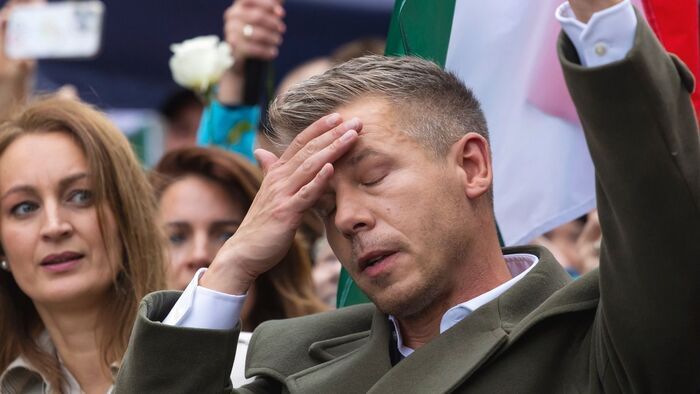
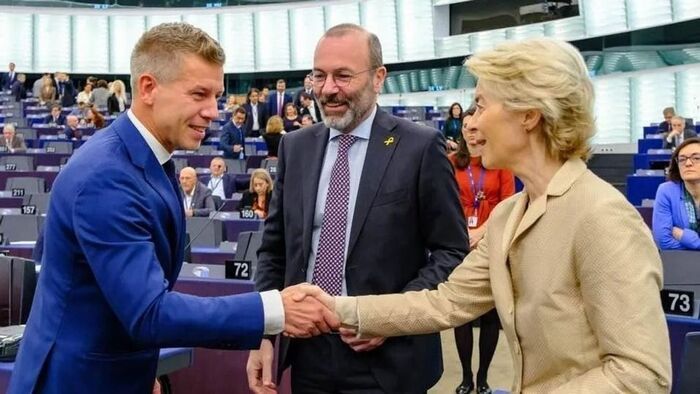
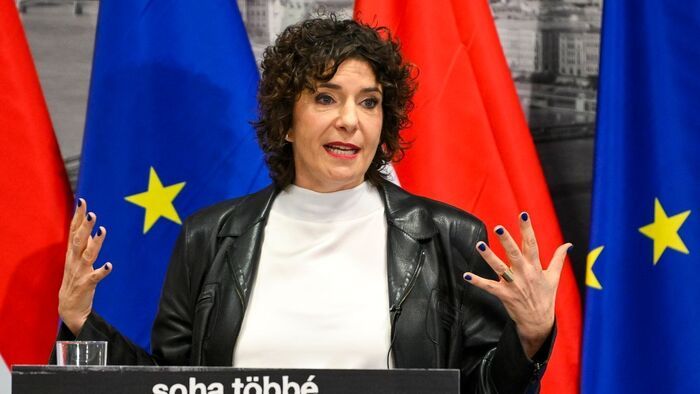
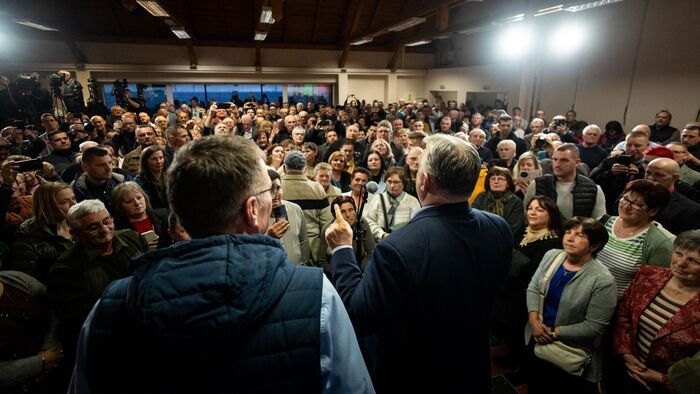
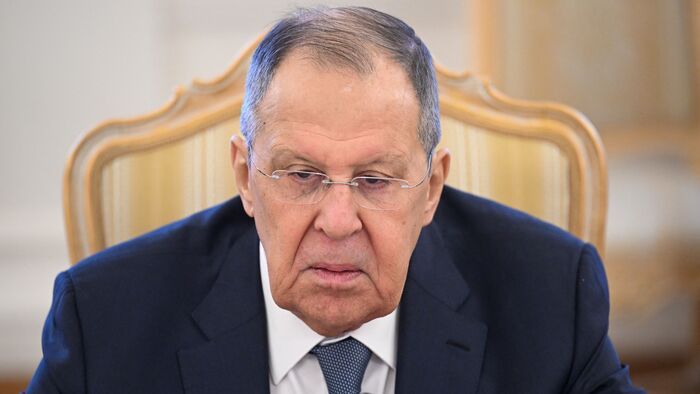

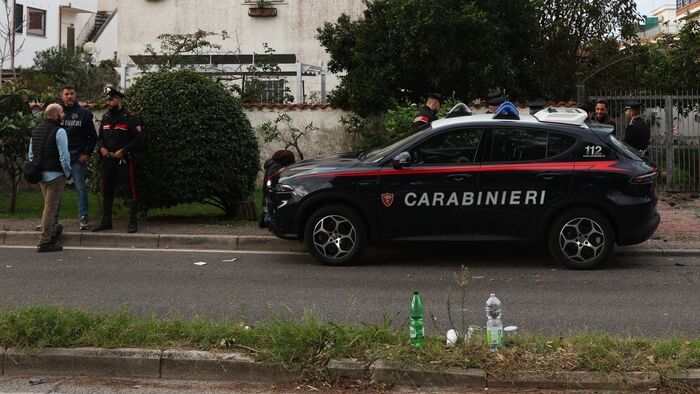



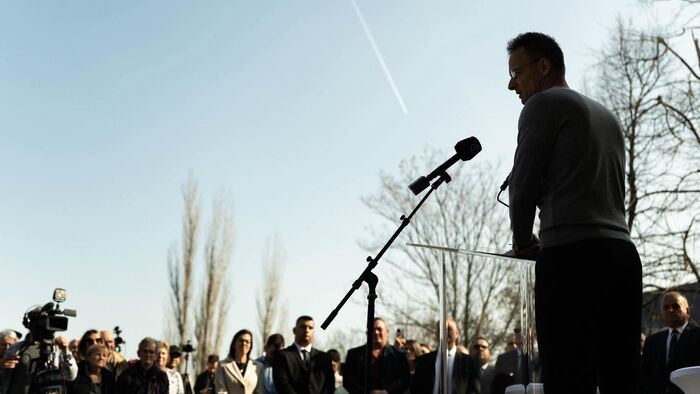

Szóljon hozzá!
Jelenleg csak a hozzászólások egy kis részét látja. Hozzászóláshoz és a további kommentek megtekintéséhez lépjen be, vagy regisztráljon!